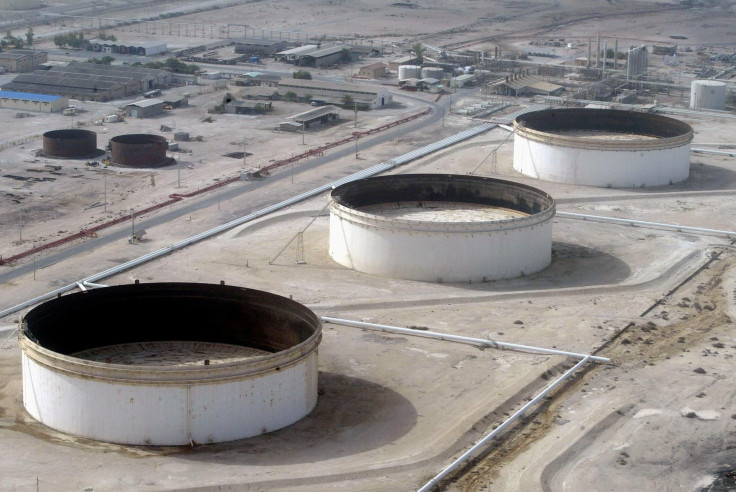Iran Plans To Increase Oil Exports By 500K Barrels A Day By Year End: Report

Iran expects to increase its oil exports by 500,000 barrels a day by late November and early December, and 1 million barrels a day by mid-2016, a senior official of the country’s state-owned oil corporation told the Wall Street Journal. The prediction comes at a time when Iran is still waiting for crippling sanctions imposed on it in 2012 to be lifted.
“We are ready,” Ali Kardor, the chief of investment for the National Iranian Oil Company, told the Journal Thursday, adding that exports to Asian nations such as China and South Korea would begin sooner than many in the West expected.
Iran currently produces just over 3 million barrels of oil a day, most of which is consumed domestically, exporting about 1 million barrels.
Prior to 2012, oil exports provided half of Iran’s revenue and made up one-fifth of the country’s GDP. Since then, Iran has lost $160 billion in oil revenues, according to an estimate by the United States Treasury Secretary Jacob Lew. The sanctions against Iran will be lifted in a phased manner in the coming months, after the International Atomic Energy Agency verifies that the country has implemented nuclear-related measures under the agreement.
Even after the exports resume, the country would find it extremely difficult to regain its lost market. Global oil prices have already plummeted to record lows. According to an estimate by the International Monetary Fund, Iran’s break-even point for oil -- the price per barrel at which the country can balance its budget -- is $92.50. Meanwhile, Brent crude oil, which hit a peak of $110 a barrel in mid-2014, is currently selling below $50 a barrel, grappling a massive oversupply.
“With Iran coming back, Saudi Arabia not cutting any production and all the macroeconomic concerns around, there is a high risk we could have nasty downward move by the end of the year,” Doug King, chief investment officer at RCMA Asset Management, told the Journal, adding that is a possibility that oil could fall into the low $30s. “Prices will then stabilize but remain lower for a longer period.”
© Copyright IBTimes 2024. All rights reserved.





















